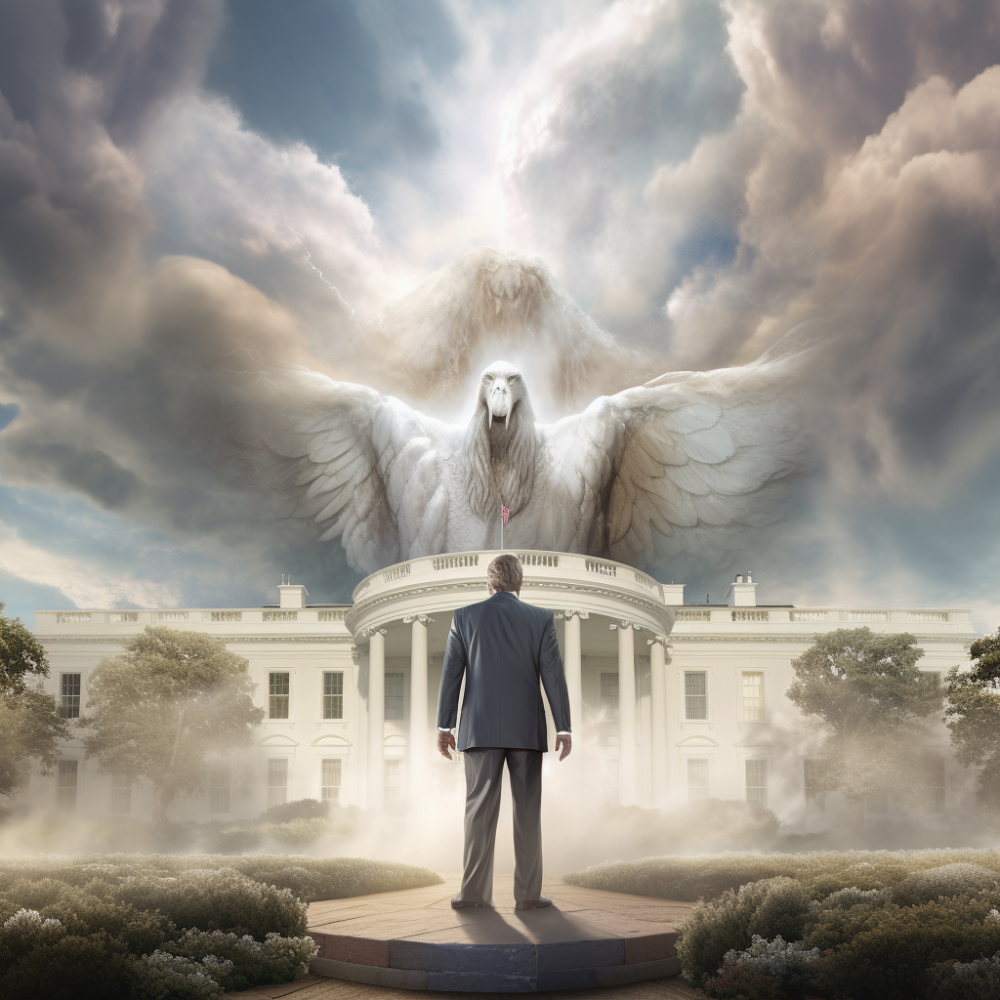God and politics

The influence of the evangelical church in on US politics is something that always seems fascinating and strange from this side of the pond. It’s not uncommon to see commentators here ask, for example, how the church can so strongly promote a character as obviously un-Christian as Donald Trump. The answer is always complicated.
But here’s an angle I’ve never considered before: what if you are a young Christian growing up in the USA? Your position in the ‘culture war’ is likely to be at odds with that of the evangelical church.
The No. 1 question that younger evangelicals ask me is how to relate to their parents and mentors who want to talk about culture-war politics and internet conspiracy theories instead of prayer or the Bible. These young people are committed to their Christian faith, but they feel despair and cynicism about the Church’s future. Almost none of them even call themselves “evangelical” anymore, now that the label is confused with political categories. “Sometimes I feel like I’m crazy,” one pastor said to me just days ago. “Does no one see that the Church is in crisis?”
Russell Moore’s article in The Atlantic provided some insight into these questions for me. Russell’s starting point for his argument is entirely different to mine—he’s a Christian, I’m an atheist, and we have vastly different views on many things. But this is a great example of an article that gave me insight, even while I didn’t agree with its approach. It’s useful to read things that challenge us, sometimes.
The image at the top of this post was generated by Midjourney.
This post was filed under: Post-a-day 2023, Russell Moore, The Atlantic.